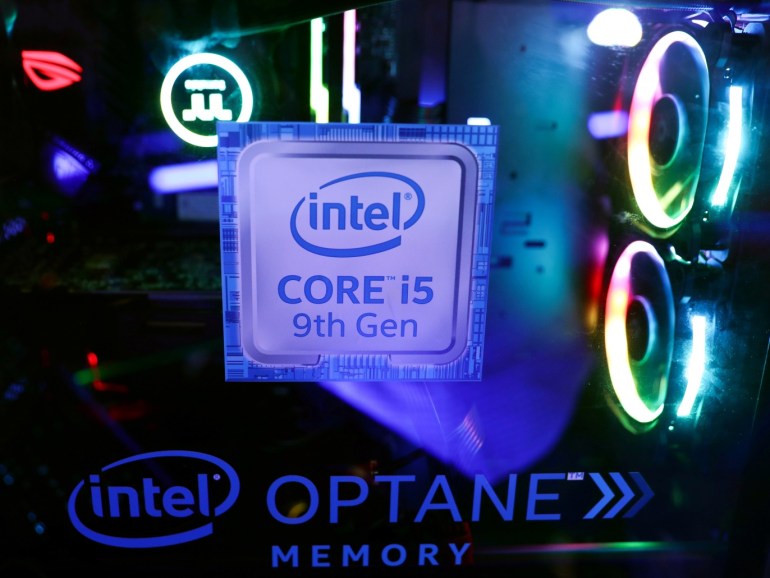Buying a computer, even if it is used, is an important decision that requires consideration of some things, as a new computer can be very expensive and lose a lot of its value the moment you take it home.
There is a huge market for used computers, which means that you will likely save money, but you should be aware of some of the following common risks before purchasing a used PC.
Avoid computers that are more than 3 years old
Moore's Law is a basic rule in the computer industry that states that computer hardware performance doubles approximately every two years, according to expectations.
This is still roughly true, but the overall pace of personal computer innovation has slowed in the past decade.
So it seemed to be a computer built in 2017, performing roughly the same performance as a computer built in 2020.
However, over time, computers begin to show their age, the CPU becomes noticeably slower, and the hard drive will shrink to claustrophobic levels.
The bottom line is that computers over 3 years old will likely need replacement soon, which makes them a bad investment.
Check out the specifications
If you are getting a computer that is just a few years old, it can be difficult to know if you are getting good value, especially if you are not one of the ones who are always up to date with computer technology updates.
First and foremost, avoid computers that have HDDs.
Keep in mind that an SSD is completely mandatory, regardless of the computer's age.
It must be at least 128 GB;
Some older laptops come with small 64 GB hard drives that are unusually small.
As for the processor, look for the 7th generation or later of the Intel Core CPU.
You can tell because it will have a number like -7000 or -8000 or higher, such as "Intel Core i5-8400" (Intel Core i5-8400), because anything older than the 7th generation, or budget CPU like Celeron ( Celeron), it'll feel very slow.
You should also look for Full HD IPS displays.
TN-based screens will look dim, and resolutions lower than 1920 x 1080 won't give you much screen space to work with.
Any processor older than the seventh generation, or a budget CPU like Celeron, will feel very slow (Reuters)
Check the laptop battery
The single most important component of a laptop computer is the battery, and an obsolete (and failed) battery is the most common reason someone sells an old laptop.
If you bought a used device, test the battery immediately, and make sure that it can be fully charged, then operate the laptop until the battery is depleted.
And if you have time, repeat the test again. If you find that the battery cannot last a reasonable time, you will probably return it for a refund, unless you can replace the battery at a low price.
Keep in mind that it can be difficult to get a replacement battery for an old laptop.
Wipe the hard disk before starting to use the computer
Can you trust a used computer hard disk?
Maybe not.
It may have malware installed, even if it appears to be scanned and ready to use, which is why it is a good idea to wipe the hard drive yourself before you start using a used or even refurbished computer.
Stick to refurbished computers
You can find computers that have been described as "used" and "refurbished," as they have been inspected to ensure they are working, come with a warranty, and often worn components are replaced to return it to its new condition.
This is especially important for a laptop computer, which must have a new battery installed.
Several manufacturers sell factory refurbished computers from their website.
(See the Apple, Dell, HP, and Lenovo Best Buy product page, for example).
The difference between a refurbished computer and a used computer is only that the latter is usually sold as is and is not backed by a warranty.
But although you buy a generally safer product when choosing a refurbished computer, a used computer may be fine as long as you can return it for a refund if anything is wrong, and you have to be sure to test it quickly and accurately after purchasing it.

